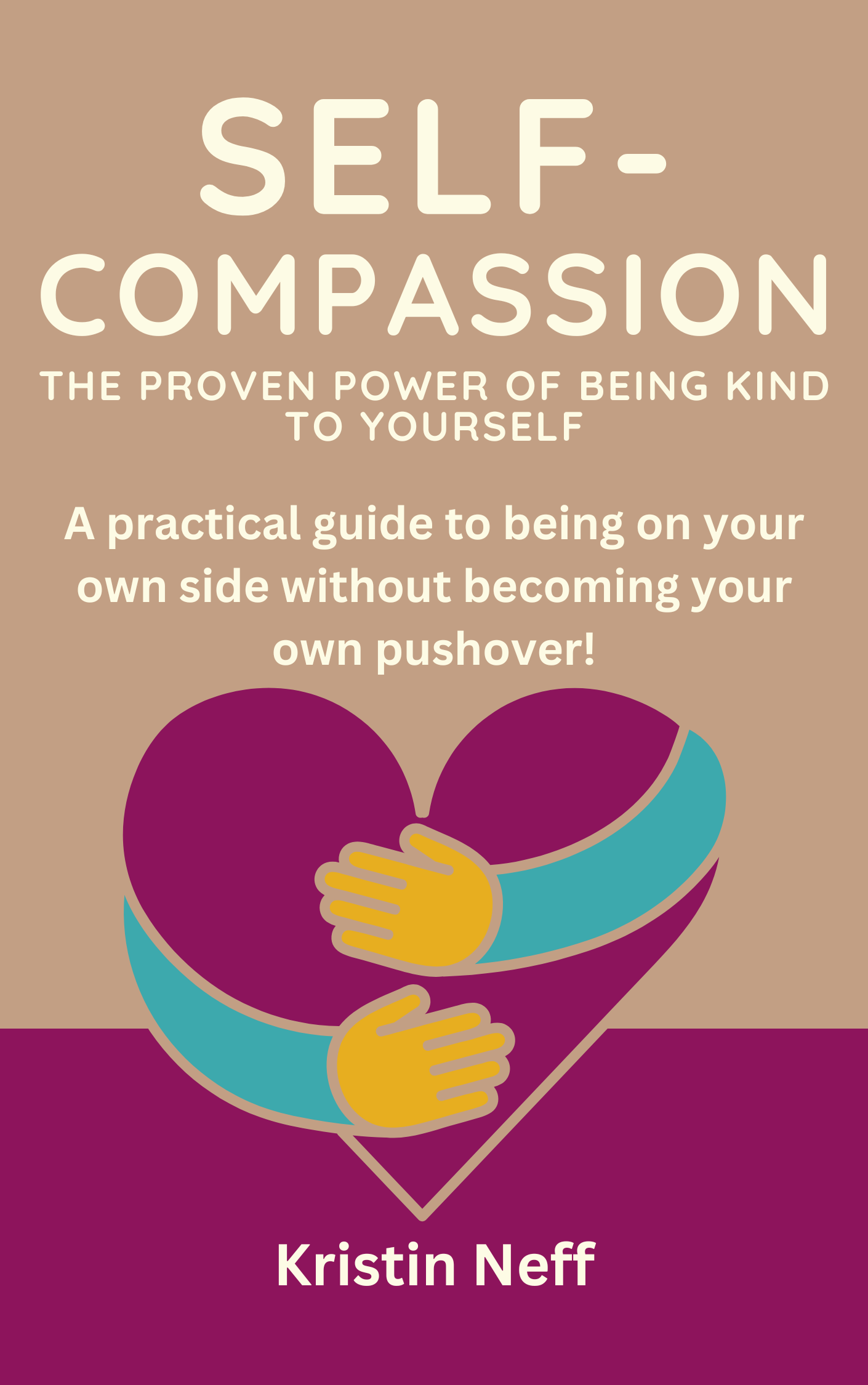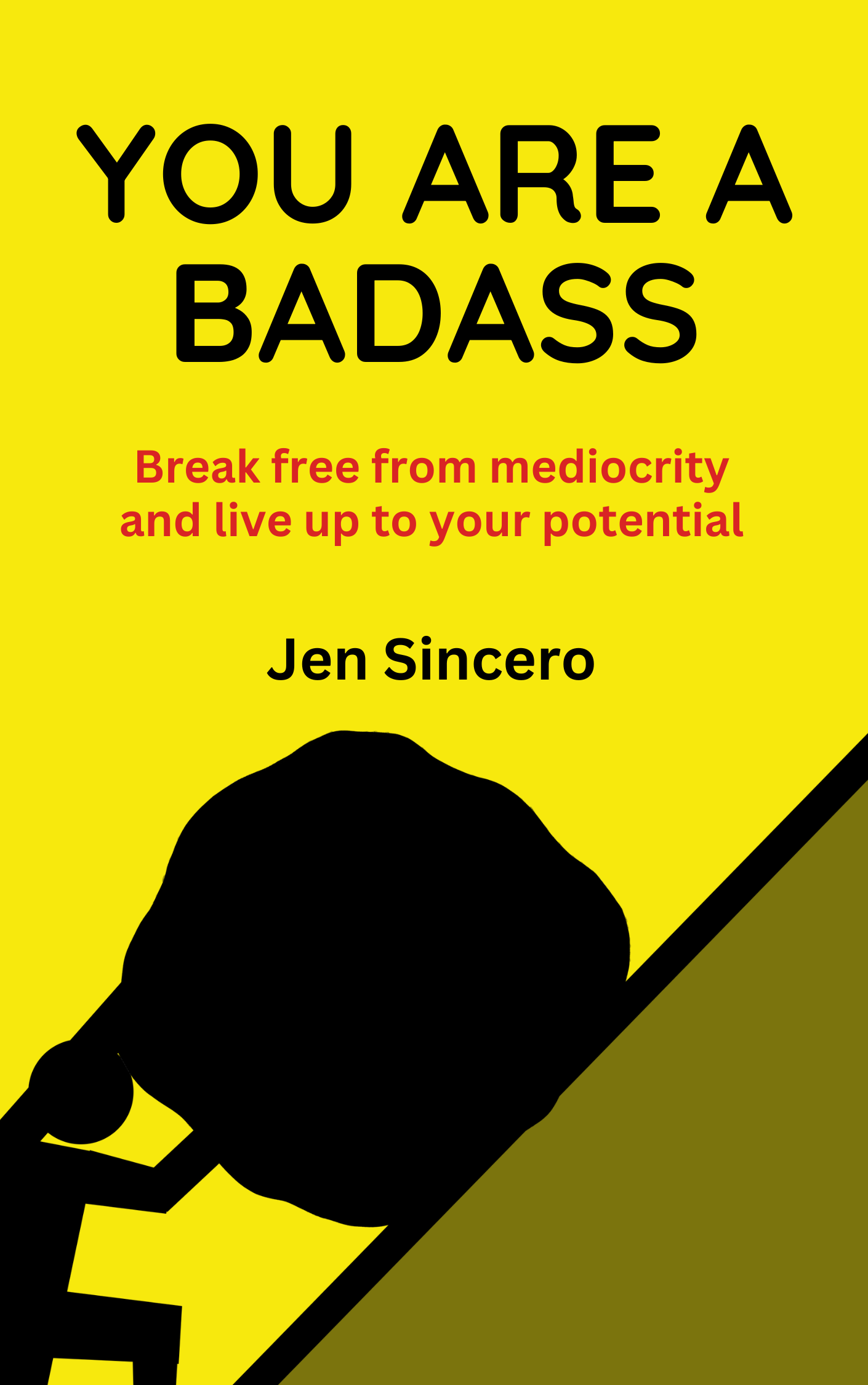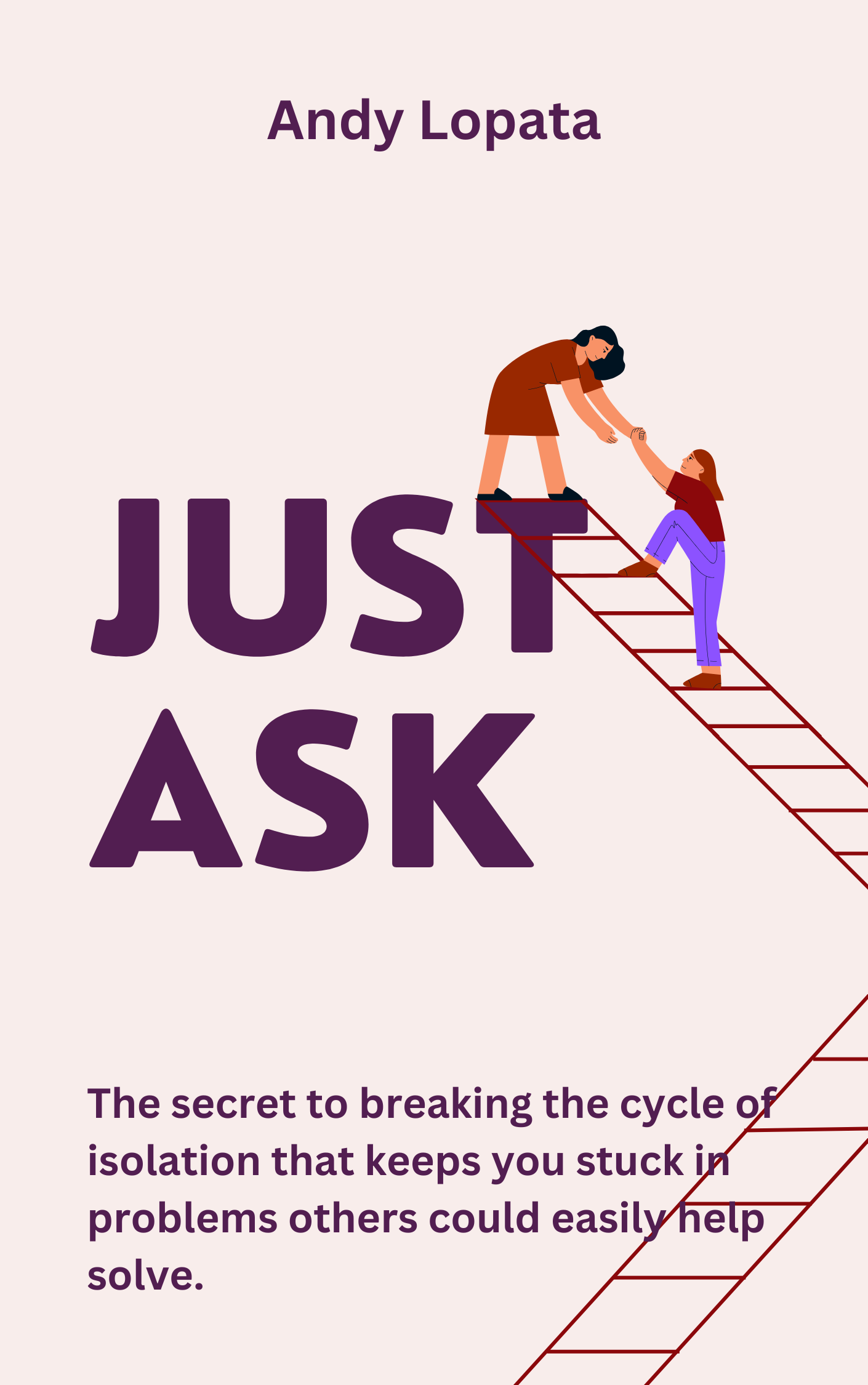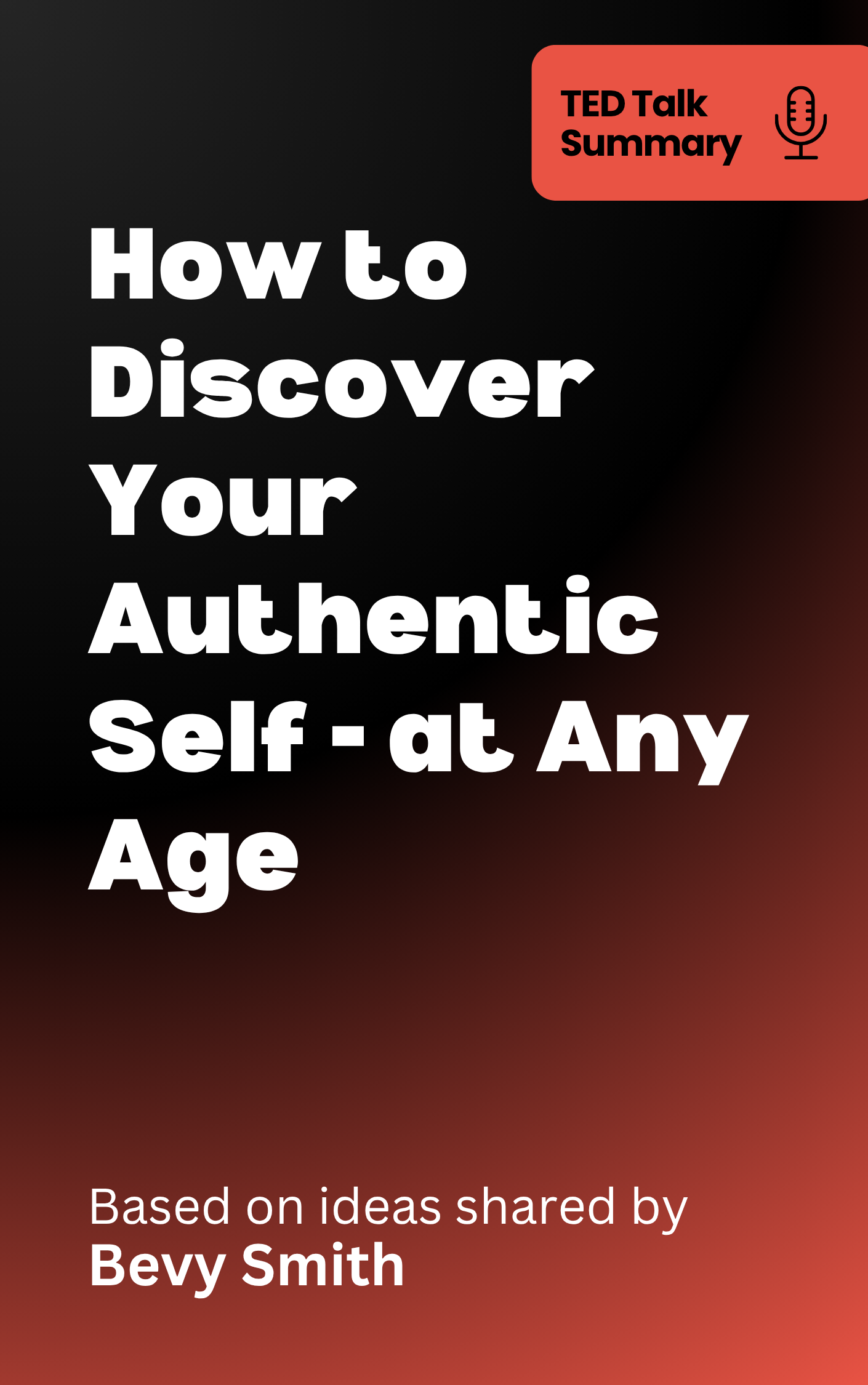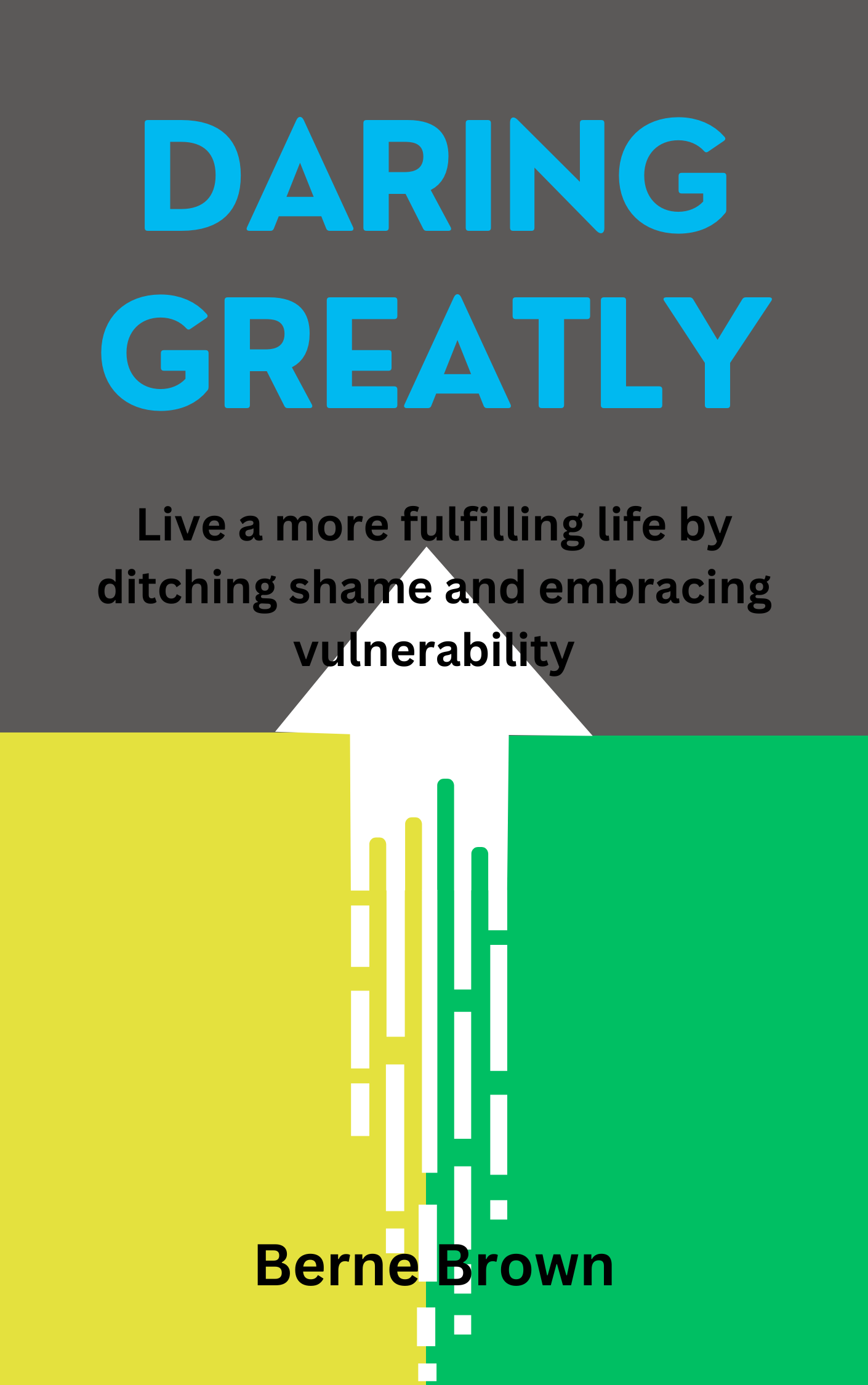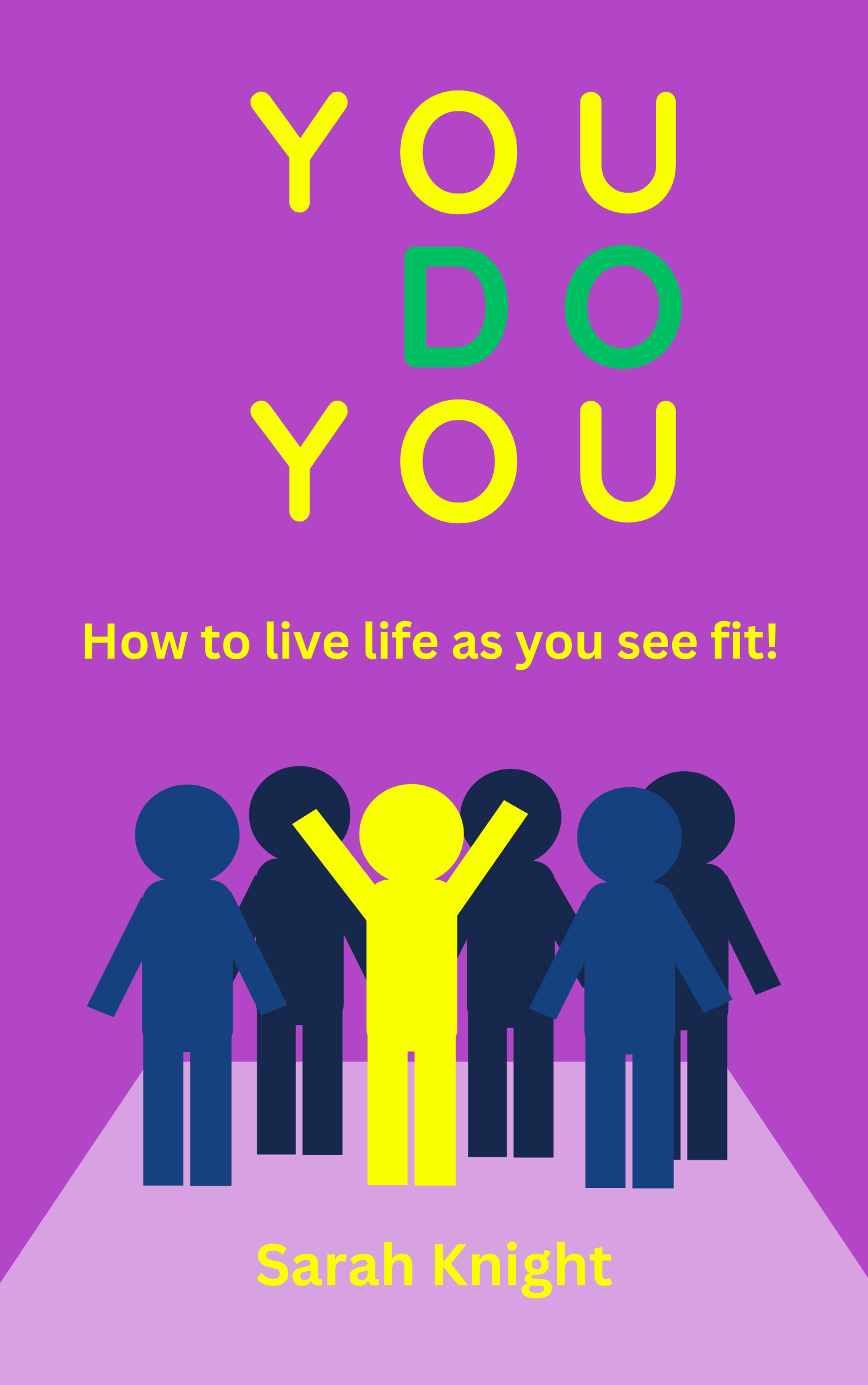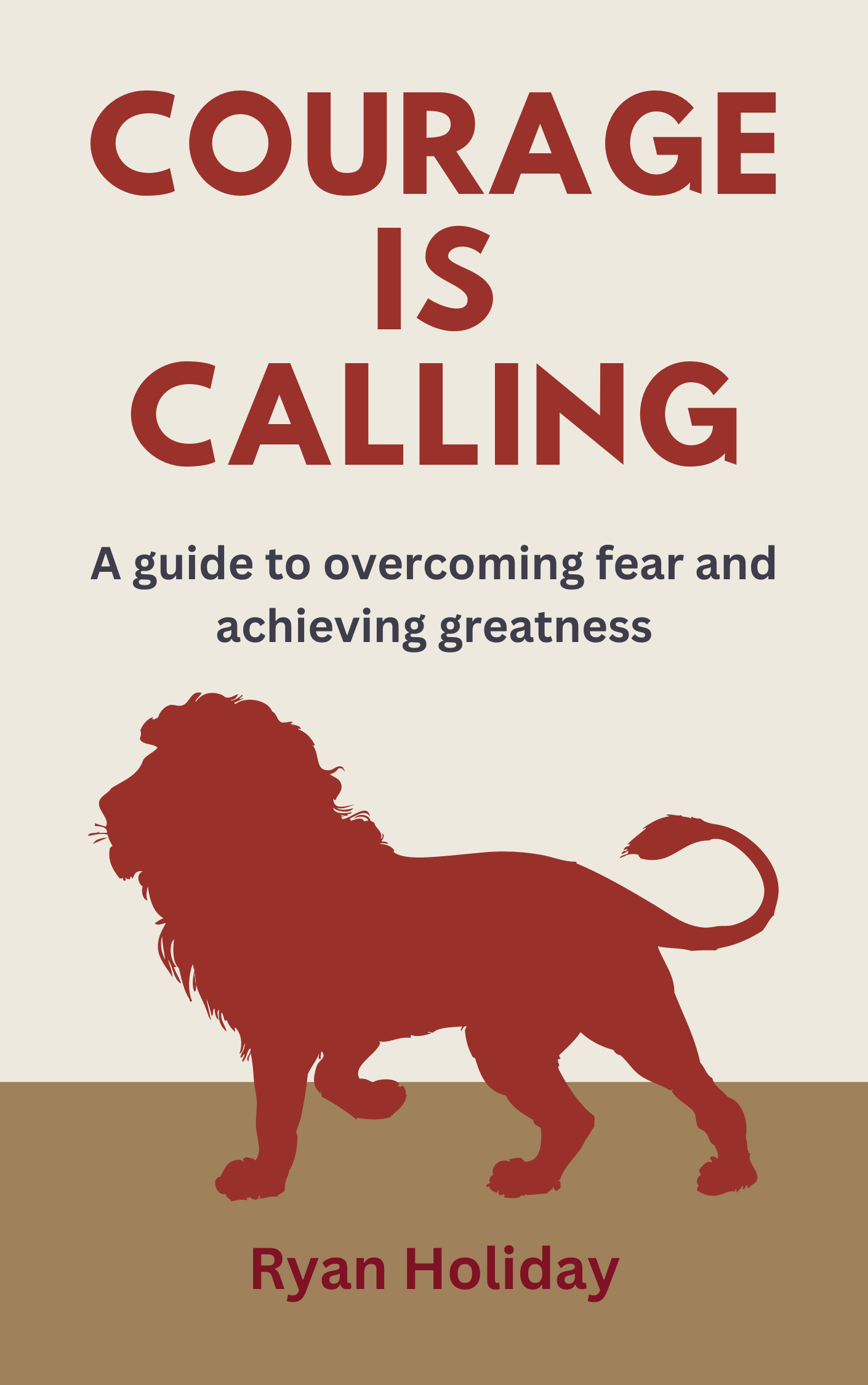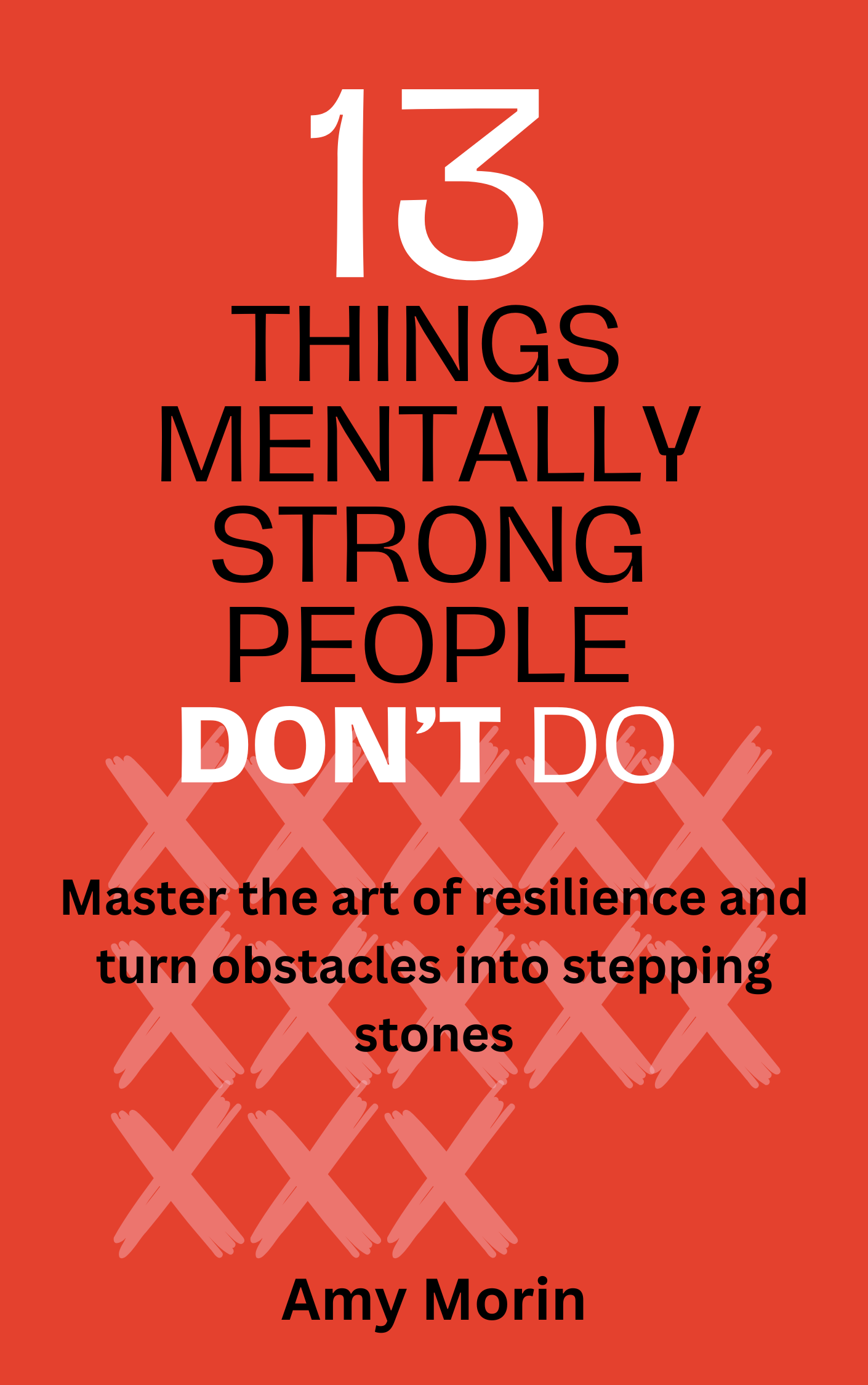Introduction
Why We're So Mean to Ourselves
Heard that voice in your head that calls you stupid for making a simple mistake? Turns out it probably sounds a lot like someone from your past. Kristin Neff explains that our harsh inner critic usually develops in childhood, often echoing the adults who were supposed to guide us. Parents who constantly point out our flaws - from eating habits to grades - leave a lasting mark. As one of Neff's clients puts it, "I'm a loving dad to my kids, but I'm a complete bastard to myself. I tear myself to shreds even worse than my mother did."
But it's not just parents. That teacher who mocked your artwork, the coach who called you hopeless, or the sibling who found you "disgusting" for breathing too loudly - they all helped write the script your inner critic uses today. We tell ourselves "You're so disgusting!" or "That was totally stupid!" - words we'd never dream of saying to a friend. This self-criticism becomes our shield, but it's a faulty one. It's like we're trying to beat others to the punch, hoping that if we acknowledge our flaws first, it might hurt less when others point them out. As children, we had no choice but to believe what our authority figures told us. Now as adults, we carry on their work, becoming our own harshest critics in a misguided attempt to protect ourselves from the judgment we learned to expect.
And culture plays its part too. More on it, next!
The Global Language of Self-Doubt
Here's something that might surprise you: when a group of Western scholars met with the Dalai Lama and asked him about helping people with low self-esteem, he was genuinely confused. The concept had to be explained to him. Even more telling? When he looked around the room of accomplished academics and asked who suffered from low self-esteem, every single person raised their hand.
This wasn't just a quirky moment - it reveals something profound about how our culture shapes our inner voice. In the West, we've created a perfect recipe for self-doubt: take one part "you can achieve anything," add two parts "if you fail, it's your fault," and stir well. Well, the truth is, you’ll never be perfect in everything or better that all people in everything. But the competitive culture, driven by social media keeps up the frenzy.
And it’s not just the West. In Taiwan, where values based on the way of life propagated by Confucius reign, self-criticism is actually seen as virtuous - a way to keep yourself in check and put others first. Meanwhile, in Thailand, people are more likely to cut themselves some slack.
Yet here's the kicker: regardless of whether you're beating yourself up because your culture values individual success or because it's considered virtuous, the end result is the same. Across all these countries, self-criticism consistently leads to depression and unhappiness. It seems that whether you're in Bangkok or Boston, being your own harshest critic takes its toll.
The question that arises is why do we continue doing it then?
Tough Love Can Get Too Tough
Again, why do we do it? Because the idea that harsh self-criticism leads to better performance is deeply rooted in many cultures. In Taiwan, for instance, there's a strong belief that beating yourself up is the path to self-improvement. Even in the West, we often treat self-criticism as our personal drill sergeant, hoping it'll whip us into shape. But here's what's fascinating - research tells a completely different story.
When wrestlers face off in those nail-biting overtime matches, who wins? Not the ones beating themselves up mentally. It's those who actually trust in their abilities. Self-criticism might get us moving, but only because we're running from our own mental whip. And the fear? It's like trying to thread a needle while riding a roller coaster - anxiety makes everything harder. What’s really sad is we totally get this when it comes to others. Imagine telling a child they're useless for failing a test. We'd never! We know they need encouragement and support to bounce back. Yet somehow we convince ourselves that mental self-flagellation is the only way to stay motivated. Besides, this flagellation can leave lasting scars. Research shows this isn't just about feeling bad - it actually shrinks what we believe we can accomplish. Our beliefs directly impact what we actually achieve. It's like putting on cloudy glasses - everything you try to do becomes harder to see and reach. The good news? The opposite is just as true. When we believe in ourselves, doors start opening that we didn't even know existed.
Another thing is that when we're too hard on ourselves, we resort to what psychologists call self-handicapping - we sabotage ourselves just to have a ready excuse. "Well, I only started studying yesterday" sounds better than "I gave it my all and still failed." Or that classic move we've all pulled: procrastinating on a work project until the last minute, so we can blame any mistakes on the rush (i.e. not having enough time) rather than our abilities (couldn’t do well in the first place). More on that next!
Being Your Own Worst Critic Backfires
Seen someone who turns procrastination into an art form? Meet Jim, the master of last-minute decisions. His crowning achievement? Showing up to his own wedding in dollar store Crocs because he waited until the morning of to buy dress shoes. While his bride Naomi was less than thrilled, Jim had his trademark excuse ready: "Well, considering I didn't go shopping until this morning..."
But Jim's behavior wasn't just about poor planning. Research shows it's part of a deeper pattern called... you guessed it! Self-handicapping. Take Jim's GRE exam preparation. Instead of studying properly, he cracked open the books just days before the test. When his scores came back mediocre, he had his shield ready: "Not bad considering I hardly studied." He pulled the same move with his internship applications, ending up with the position nobody else wanted.
This pattern of harsh self-criticism creates a nasty cycle. The fear of not being good enough leads to self-sabotage, which leads to underachievement, which confirms our worst fears about ourselves. College students who are tough on themselves make significantly less progress toward their goals than others
The irony is that by trying to protect ourselves from failure through self-criticism and excuses, we actually ensure we never reach our full potential.
Let’s get to the real thing now!
Love Beats Fear!
So, beating yourself up won't work. Why? It's actually pretty simple - our brains respond differently to love and fear. When you're kind to yourself, which is basically what self-compassion is about, your body releases oxytocin, making you feel secure and confident. But harsh self-criticism triggers stress hormones that leave you jittery and anxious.
Now, if your first thought was: "Yeah, right! If I'm nice to myself, I'll just end up watching Netflix all day!" That's not what self-compassion means. It isn't about giving yourself a free pass. It's more like being a smart parent. Good parents don't let their kids eat candy for dinner just because they want to, right? They make choices that benefit their children in the long run. The same goes for self-compassion. When you genuinely care about yourself, you naturally want to make choices that help you grow. Sure, having that slice of cheesecake occasionally is fine - that's self-care. But eating the whole cake? That's not showing yourself love; that's self-sabotage. Think of it this way: self-criticism asks "Am I good enough?" while self-compassion asks "What's good for me?" It's not about proving your worth - it's about genuinely wanting to thrive. When you're motivated by care instead of fear, you'll still work hard and make changes. The difference? You'll do it because you want to flourish, not because you're afraid of failing.
Now! For your self-compassion journey! Here’s some things you need to understand.
The Three Parts of Being Kind to Yourself
Self-compassion isn't just about being nice to yourself - it's a three-part approach that actually changes how your brain works.
First up is self-kindness. Consider Tom, the writer. Even when his book hit the bestseller list at #23, he beat himself up for not being #1. But treating ourselves gently - like giving yourself a hug when you're down (yes, the research shows it actually releases feel-good chemicals) - helps us handle tough times better than harsh self-criticism. Words of self-love can help as well.
The second part is remembering you're not alone in messing up - welcome to the human race! Remember that time Neff's mother and mother-in-law spent ages trying to break into the wrong car because they were so convinced the key wasn't working? That's the kind of thing that happens to everyone. We all have our moments of complete absurdity. When you're feeling like the world's biggest failure, remember that somewhere, someone else is probably having their own "wrong car" moment right now.
Finally, there's mindfulness! Which is really just a fancy way of saying "seeing things as they actually are." Not better than they are (denial), not worse than they are (catastrophizing), but just as they are. Take Neff's story about losing her IRS certificate. She initially went into full panic mode, convinced her disorganization had finally ruined everything. But then she realized she could just request another copy. Crisis averted.
Now, here's a little experiment: think about how you'd comfort a friend who just bombed a presentation. You'd probably notice their distress, offer a sympathetic ear, maybe even share your own embarrassing story. But when it's us? We're masters at brushing off our pain, especially in Western culture where 'keep calm and carry on' might as well be stamped on our foreheads. Breaking this habit starts with a simple mindful question: 'How am I really feeling right now?' Whether you're kicking yourself over a mistake or feeling like you're falling short, the first step is acknowledging that emotional bruise. Locate that splinter; because you can't deal with it until you know where it hurts.
Now! Let’s talk about the benefits!
The Benefits
Being kind to yourself transforms how we handle life's challenges in SO many ways!
One, handling tough emotions better. When things go wrong, most of us dive straight into self-criticism. But here's where self-compassion pulls off something remarkable - it helps us deal with our feelings without getting stuck in them. Ever get that 4 AM anxiety? Instead of spiraling into "everything is terrible" thoughts, self-compassionate people can acknowledge their distress while remembering this is just part of being human. They feel the emotion, sure, but they don't become the emotion.
Two, freedom from the self-esteem trap. Here's a radical thought: you don't need to feel special to feel good about yourself. While traditional self-esteem needs you to be above average (which, mathematically, we all can't be), self-compassion works differently. Take the twin sisters from Neff's example - Kate and Danielle. When both failed their zoology exam, Danielle quit because it threatened her "good student" identity. Kate stayed, got help, and eventually opened her safari business. Why? She wasn't caught up in protecting her self-image.
And that's not where it ends. Research confirms self-compassionate people set high goals, stay more motivated, and even handle setbacks better. Studies also show that people who approach their eating habits with kindness rather than criticism maintain healthier patterns. Similarly, self-compassionate people take more responsibility for their mistakes. They feel less defensive because they weren't under attack - from themselves. And when you're not afraid of facing your flaws, you can actually work on them!
Enough about you! Let’s see what your self-compassion can do for others.
Self-Compassion Makes You More Compassionate
Being kind to ourselves actually helps us be kinder to others. But before we go there, understand one thing: plenty of people are wonderfully compassionate toward others, but still bad at SELF-compassion. Take Sharon, a nurse from Neff's research. She'd move mountains to make her elderly patients feel cared for, but would tear herself apart for being five minutes late to an appointment. Point being, self-compassion is the better thing that truly enhances our ability to care. When we stop beating ourselves up, we're better equipped to handle others' pain without burning out. Research shows self-compassionate people make more supportive friends and are more likely to forgive others' mistakes. They're also better at seeing situations from others' perspectives – a crucial skill for genuine compassion. Most importantly, self-compassion helps us maintain our emotional balance when caring for others. Caregivers who practice self-compassion are less likely to burn out. They're better at recognizing when they need to recharge and aren't afraid to take care of themselves.
Plus, with self-compassion, when you can laugh at your own 'wrong car' moments that we discussed back in key idea 6, you're more likely to extend that same compassionate understanding to the people around you. Recognizing our shared struggles - from making embarrassing mistakes to having bad days - helps foster empathy and connection with others.
The power of self-compassion really shines in parenting. Consider Pittman's story. Finding your preschooler deliberately peeing on the living room wall while declaring "I hate you" would test anyone's patience. But because Pittman had practiced self-compassion, he could pause, breathe, and see past the behavior to his child's struggle with the new-sibling jealousy. Instead of anger, he offered understanding and reassurance. When you're gentle with yourself during tough moments, you have more emotional resources to offer others!
Alright! Now, let's wrap it up!
The Alchemy of Self-compassion
We often think happiness comes from getting things right - scoring the promotion, finding the perfect partner, or finally losing those stubborn pounds. But what if true joy actually springs from how we handle getting things wrong? When we stop beating ourselves up over our imperfections and instead wrap them in self-compassion, something remarkable happens. Like ancient alchemists claiming to turn lead into gold, we can transform our struggles into contentment. Not by fixing what's "wrong" with us, but by changing how we relate to our flaws.
Neff’s story perfectly captures this transformation. When her family embraced their autistic son's differences instead of fighting them, their "problem" became an adventure. They didn't cure his autism - nor did they want to. Instead, their acceptance opened doors to experiences they never imagined possible, from healing ceremonies to profound connections with other families facing similar challenges.
But let's be real - this isn't about slapping a happy face sticker on our pain. We’re not asking you to pretend it doesn’t hurt. Instead, give yourself permission to feel both the pain and the compassion for experiencing it. This dual awareness will create something new - not an erasure of suffering, but a richer, more complex experience that included both struggle and support.
Science has something to say, too. Unlike the fragile balloon of self-esteem that needs constant inflation through comparison with others, self-compassion provides a stable foundation for joy. When we stop trying to be special and instead appreciate our perfectly imperfect humanity, we can finally exhale. We can celebrate our strengths without fearing it makes us arrogant, and comfort our weaknesses without feeling diminished.

